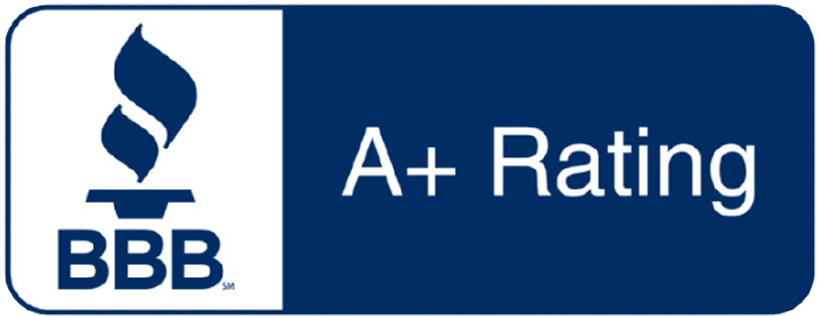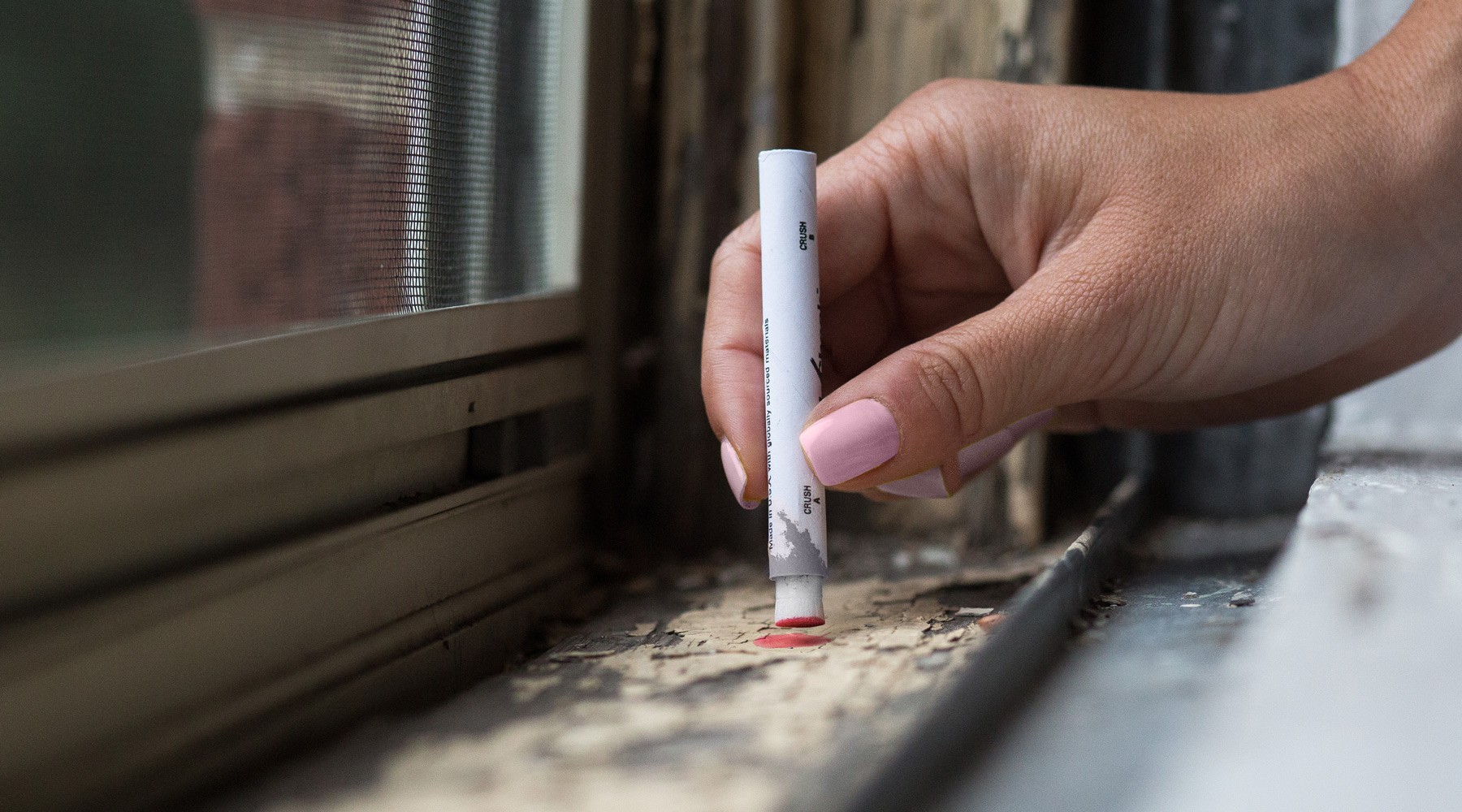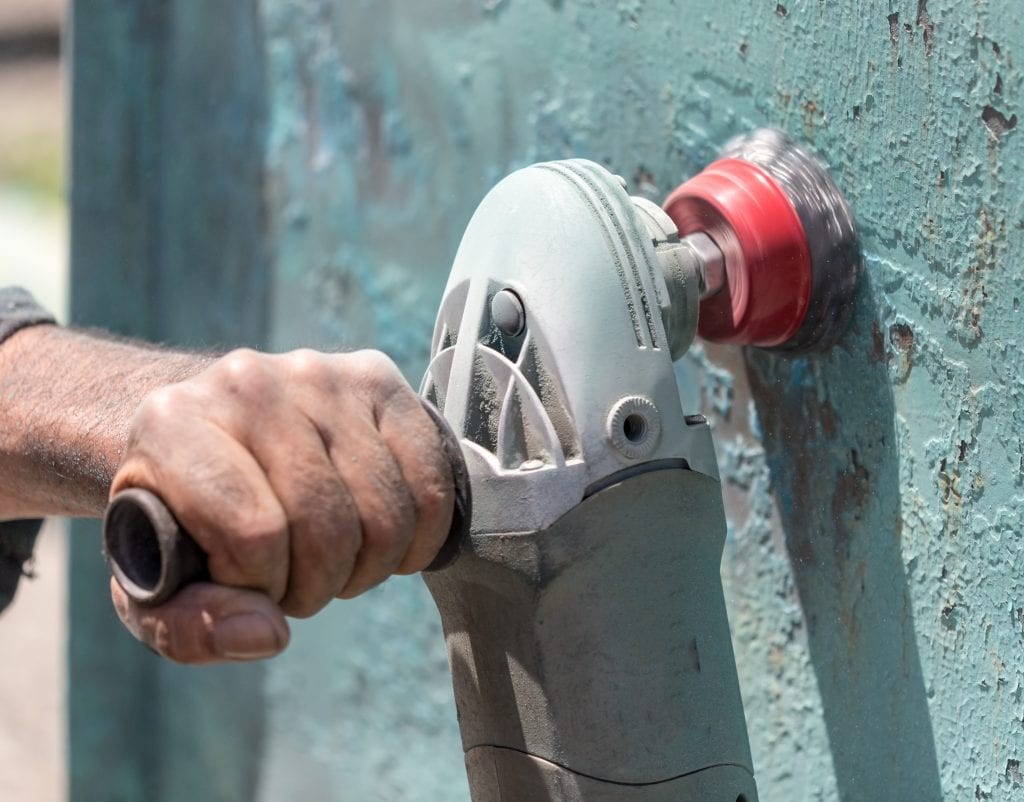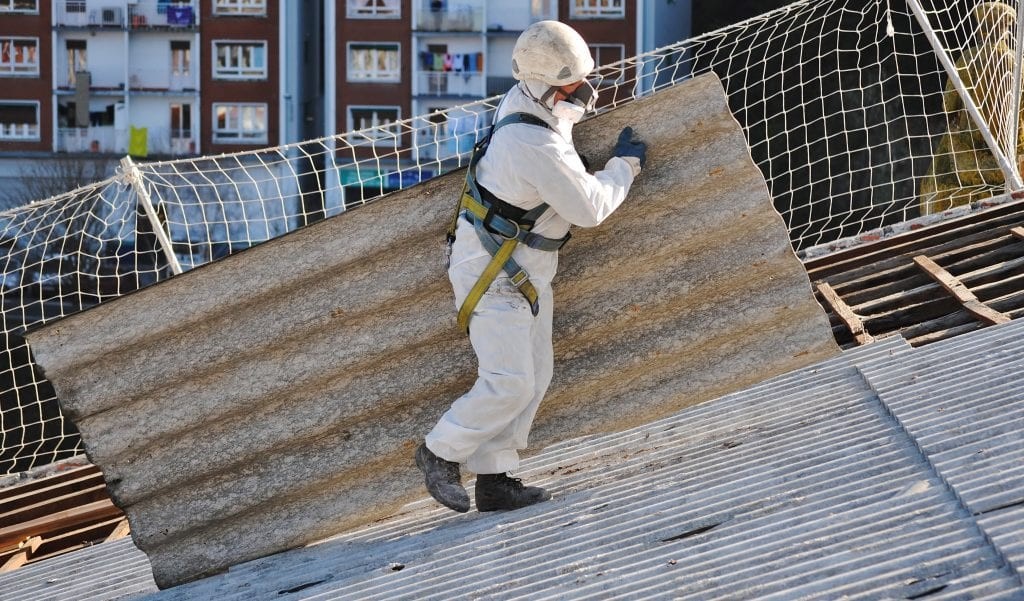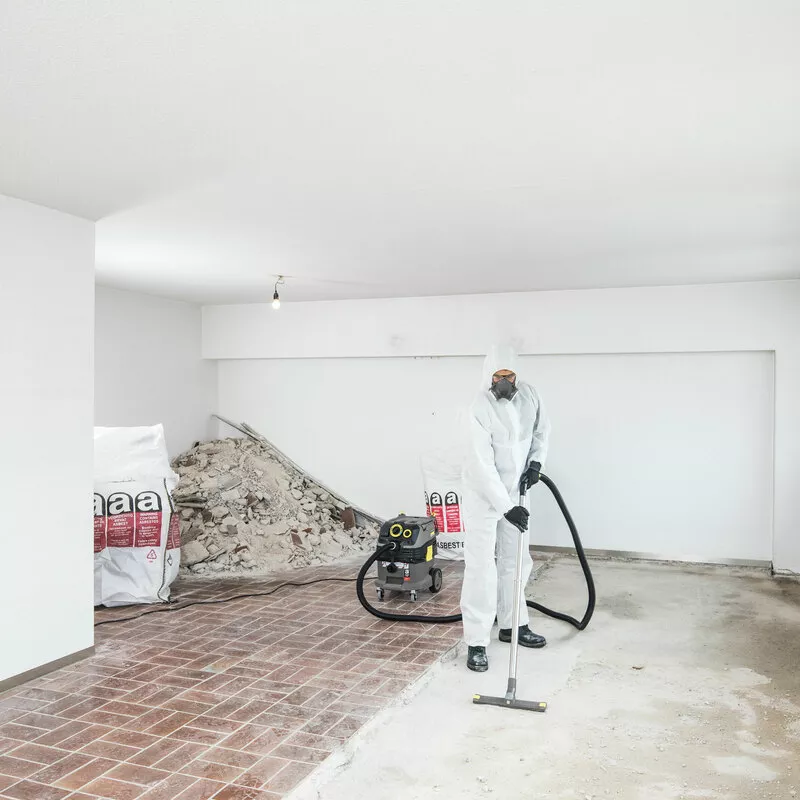Lead poisoning is silent—but deadly. Found in older buildings, water systems, and even soil, lead exposure continues to be a serious public health risk, especially for children and pregnant women. The good news? Lead testing is a proven method to identify and manage this invisible threat before it causes irreversible harm.
In this post, we’ll walk you through what lead testing is, where lead is commonly found, and how you can protect your home, business, or facility.
⚠️ Why Lead Is Dangerous
Lead is a toxic heavy metal that can accumulate in the body over time. Even low levels of exposure can cause:
-
Developmental delays and learning disabilities in children
-
Behavioral issues, such as ADHD or aggression
-
Damage to the brain, kidneys, and nervous system
-
Increased risk of miscarriage or premature birth
-
High blood pressure and joint/muscle pain in adults
No amount of lead is considered safe. That’s why proactive testing is essential.
🏚️ Common Sources of Lead Exposure
Lead is still present in many older structures and environments. The most common sources include:
-
Lead-based paint (used in homes built before 1978 in the U.S.)
-
Contaminated dust from deteriorating paint or renovations
-
Lead piping and plumbing solder (especially in pre-1986 buildings)
-
Soil near highways or industrial sites
-
Imported products like ceramics, toys, spices, or cosmetics
-
Occupational exposure in construction, auto repair, and manufacturing
🔍 When Should You Test for Lead?
You should arrange lead testing if:
-
You live in or manage a building constructed before 1978
-
You’re planning renovation or demolition work
-
There’s visible chipping, cracking, or peeling paint
-
A child or adult has been diagnosed with elevated blood lead levels
-
You're purchasing or renting a property and want to limit liability
-
You suspect lead plumbing in your water system
🧪 Types of Lead Testing
🖌️ Paint Testing
-
XRF (X-ray fluorescence) devices provide instant, non-destructive analysis.
-
Paint chip sampling involves collecting small samples for laboratory analysis.
🧼 Dust Testing
-
Surface dust samples are collected using wipes and analyzed to determine contamination levels.
🌱 Soil Testing
-
Especially important in yards, playgrounds, and gardens—lead may linger in soil for decades.
💧 Water Testing
-
Samples are collected from taps and plumbing fixtures to test for dissolved lead.
-
The EPA action level for lead in drinking water is 15 parts per billion (ppb), but many health experts recommend levels below 1 ppb.
🧬 Blood Lead Testing (Medical)
-
Performed in healthcare settings to measure lead already absorbed by the body, especially in children under 6.
🛠️ What Happens If Lead Is Found?
If lead is present, don’t panic—remediation is possible. Depending on the source and risk level, next steps may include:
-
Professional lead abatement (paint removal, encapsulation, or replacement)
-
Pipe replacement or water filtration systems
-
Soil removal, capping, or planting grass barriers
-
Thorough cleaning and HEPA vacuuming
-
Education and medical follow-up for affected individuals
Lead removal should always be performed by licensed lead abatement contractors to ensure safety and compliance.
🧑🔧 Who Performs Lead Testing?
-
Certified Lead Inspectors/Risk Assessors
(Licensed by state or local authorities and trained under EPA or HUD guidelines) -
Environmental Consultants or Industrial Hygienists
(For commercial or complex assessments) -
Accredited Laboratories
(For analyzing paint, dust, soil, or water samples)
⚖️ Legal & Compliance Requirements
Depending on your location and building type, lead testing may be required by:
-
EPA's Renovation, Repair and Painting (RRP) Rule
-
HUD Lead-Safe Housing Rule
-
OSHA Lead Standards (for workplaces)
-
Local health or housing codes
Non-compliance can result in fines, legal action, or loss of funding (especially for landlords or school administrators).
✅ Conclusion: Lead Testing Saves Lives
Lead exposure is preventable—and the first step is knowing where the danger lies. Whether you're a parent, property owner, school administrator, or facility manager, scheduling a professional lead test is one of the smartest safety decisions you can make.
📞 Need Expert Lead Testing?
Our certified inspectors use state-of-the-art equipment to detect lead hazards quickly and accurately. From homes to schools to commercial sites, we help ensure your property is safe and compliant.
Contact us today to book a consultation or request a custom lead safety plan.

